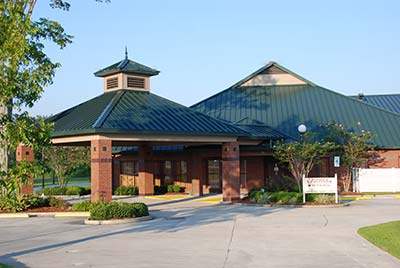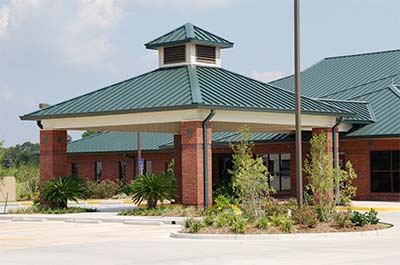Nerve Pain Q & A's
What are some common types of nerve pain?
The different types of nerve pain include:
Carpal tunnel syndrome
Carpal tunnel syndrome is a common cause of nerve pain that occurs when there is too much pressure on the median nerve, which travels from your forearm (through the carpal tunnel) to your wrist.
Carpal tunnel syndrome is caused by anything that irritates or puts pressure on the median nerve such as injuries, arthritis, or overuse. Many people are at a higher risk of developing the condition because of the small space within their carpal tunnel.
Neuropathy
Neuropathy refers to pain, numbness, and tingling that develops as a result of damage to your nerves. Although neuropathy can affect any area of the body, it typically affects the hands, legs, and feet.
Neuropathy can be caused by injuries, exposure to toxic substances, serious infections, and autoimmune disorders.
The most common cause of neuropathy is diabetes. Abnormal blood sugar levels cause nerve damage and restricted blood flow, which can lead to problems with foot pain and numbness.
Ulnar nerve entrapment
The ulnar nerve is a main nerve in your arm that travels from your neck, along your elbow, and down to your hand. Ulnar nerve entrapment frequently occurs in areas like the wrist or beneath the collarbone. The most common area of ulnar nerve entrapment is inside the elbow.
Bending the elbow causes the ulnar nerve to stretch, which can irritate the nerve, resulting in aching pain and numbness. Ulnar nerve entrapment in the elbow is also called cubital tunnel syndrome. Ulnar nerve entrapment can be caused by leaning on the elbow for too long, overuse, bone spurs, or arthritis.
What is trigeminal neuralgia?
Trigeminal neuralgia is a chronic condition that causes progressive bouts of facial pain. The trigeminal nerve is responsible for carrying signals from your face to your brain.
Trigeminal neuralgia typically occurs when there is contact between one of your blood vessels and the trigeminal nerve, resulting in excessive pressure and dysfunction.
Trigeminal neuralgia worsens over time, starting with short, mild attacks and eventually progressing to frequent attacks of severe pain. Trigeminal neuralgia can develop with age or as a result of an underlying condition like multiple sclerosis, surgical injuries, or facial trauma.
What treatments are available?
Treatment depends on the severity and cause of your nerve pain. Depending on your condition, treatment may include:
- Botox injections
- Radiofrequency treatment
- Corticosteroids
- Splinting
- Anti-inflammatory medication
In some cases, your doctor may recommend surgery to treat your nerve pain. At Headache & Pain Center,amc our team offers a number of minimally invasive, cutting-edge procedures. To speak with a pain management specialist about your treatment options, call or book your appointment online today.



